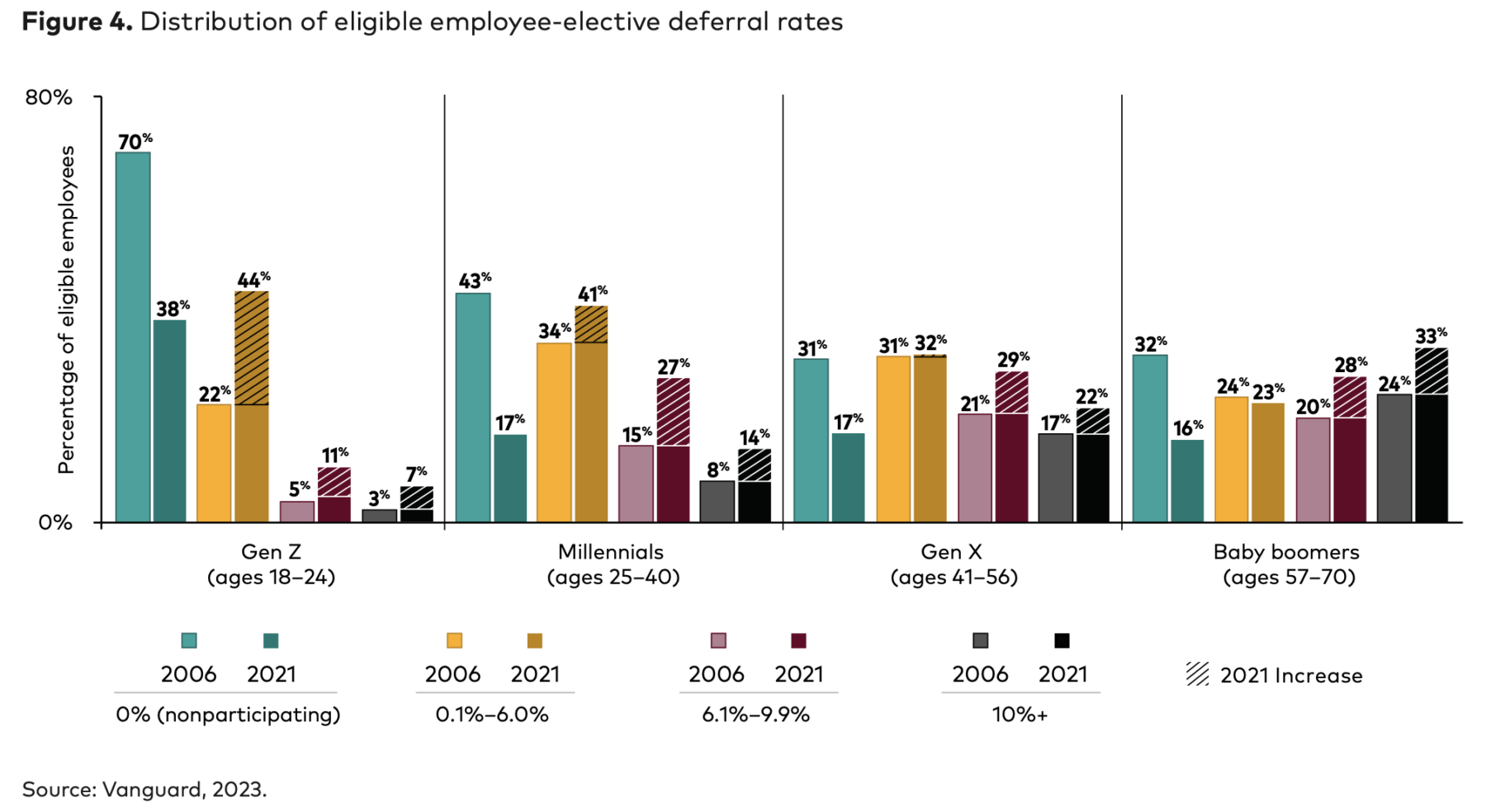Seattle’s real estate tech companies are feeling the effects of the cooling housing market on their bottom lines.
Despite cutbacks and layoffs in 2022, year-end earnings reports from Zillow and Redfin showed substantial losses and declines in gross profit.
The results reflect the chill that hit the housing market last year, as interest rates shot up and kept many prospective homebuyers from shopping. Nationwide, the number of home sales dropped 18% from 2021 to 2022, according to the National Association of Realtors.
The market shift was “the scenario we had feared could happen,” Zillow CEO Rich Barton told investors Wednesday. “Thirty-year mortgage interest rates nearly doubled … meaningfully slowing turnover and home-price appreciation in the housing market.”
Both Seattle-based companies faced plummeting share prices and financial challenges while attempting to flip houses over the last two years.
Zillow, which operates a listing site and sells exposure on its site to real estate agents, reported a net loss of $101 million in 2022. That was a vast improvement from 2021, when the company shuttered its house-flipping business, began laying off a quarter of its staff and reported a year-end loss of $528 million.
Redfin, a listing site and brokerage with agents on staff, followed suit in late 2022, closing down its home-flipping division and laying off 13% of its staff.
Redfin reported a net loss of $321 million in 2022, more than double its $110 million loss in 2021. The company reported a $62 million net loss in the properties portion of its business, which primarily included the flipping operation, RedfinNow.
Redfin is still working to offload 19 remaining homes, CEO Glenn Kelman told investors Thursday. The company sold a total of 2,044 RedfinNow homes in 2022, according to SEC filings.
Redfin’s total revenues increased 19% year over year to $2.3 billion. At the same time, its gross profits declined 29%.
Zillow saw total revenues decline about 8% from 2021 to 2022. Gross profit declined 12%.
In a sign of the sluggish market last fall, Zillow reported revenue from its mortgage business dropped 65% in the fourth quarter of 2022, compared to the same time in 2021. Revenue from Premier Agent, its advertising business, declined 20% in the fourth quarter, although the company said that still outperformed expectations.
Both companies’ share price took a hit last year after peaking in February 2021. And both laid off workers in 2022. Zillow’s head count dropped by nearly 2,300 employees from the end of 2021 to the end of 2022. Redfin’s dropped by about 900. The cuts leave Zillow and Redfin with almost matching workforces, 5,700 and 5,600 respectively.
Kelman, Redfin’s CEO, said facing the “near-death experience of trading at $3 or $4 a share” last fall led Redfin to examine a core part of its business: employing real estate agents.
Unlike Zillow, Redfin has long defended its practice of directly employing agents, despite the higher costs of paying for employees, HR and training.
But this year, Redfin will lean more on partner agents, who work at traditional brokerages and get referrals from Redfin in exchange for paying Redfin a referral fee when a sale closes. The company plans to boost the share of homebuyers working with non-Redfin agents from 37% in 2022 to 42% in 2023. That will increase profits and limit future layoffs, Kelman said.
Citing geographic concentration as an issue, Kelman said Redfin will also focus on growing outside of the West Coast. “When we do hire someone, it’s going to be in states like Texas, Georgia and Florida,” he said.
Barton told investors Wednesday Zillow is focused on building what they call a “super app” to encourage homebuyers and sellers to use Zillow products throughout the process of buying or selling a home.
“After a year of significant people-related and other expense reductions in 2022, we are now investing during a tough housing market while others retrench,” Barton and CFO Allen Parker wrote in a letter to shareholders.
As for the broader housing market, which began to pick up a bit in January?
“We aren’t out of the woods yet,” Barton said.
















